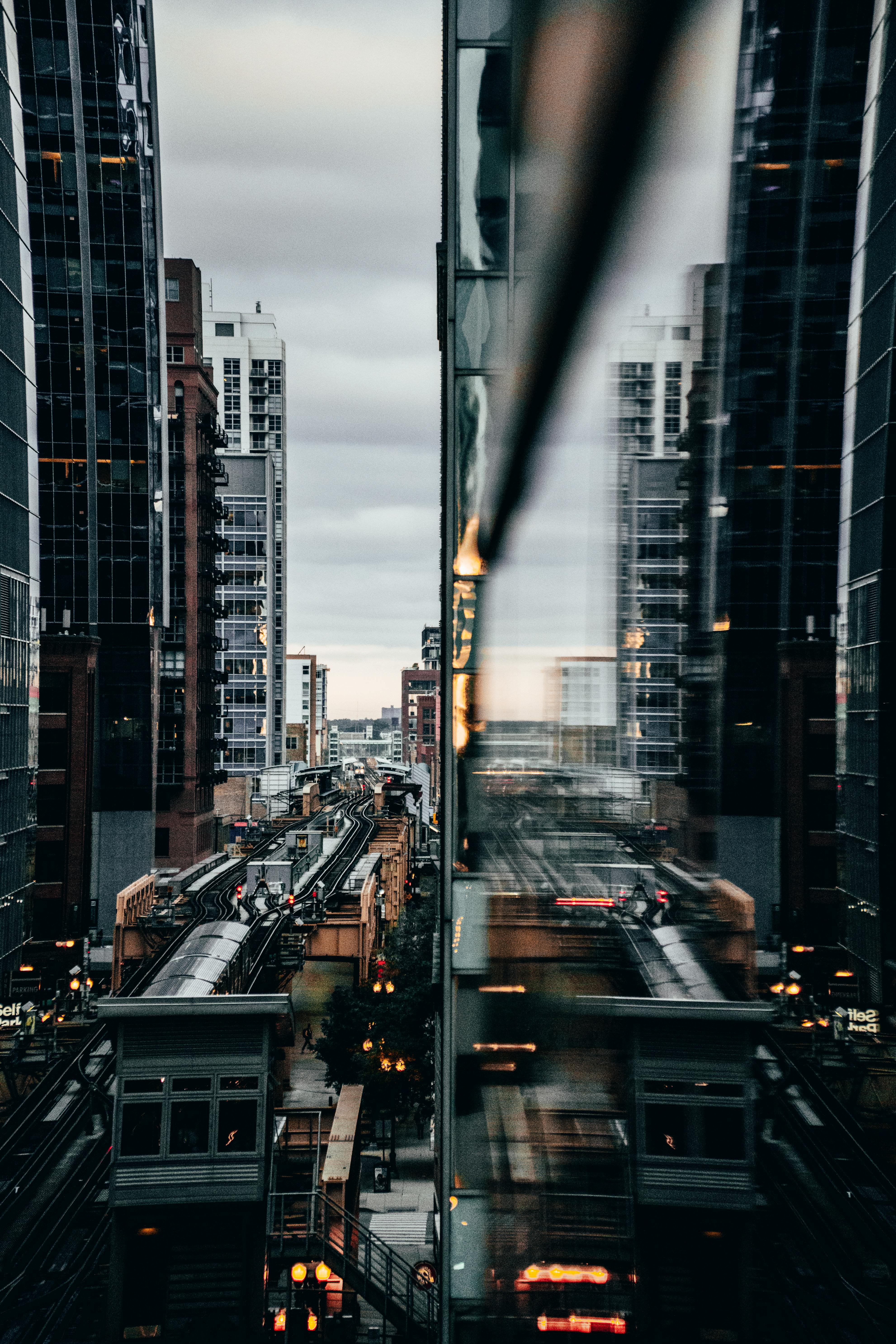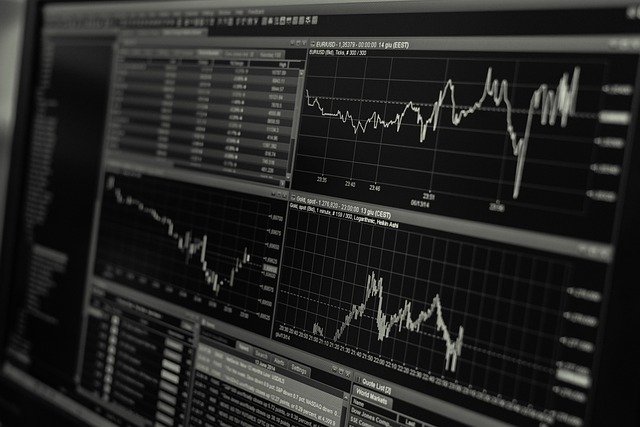Reimagining the Role of Urban Spaces: A Sociocultural Perspective
Urban spaces, the concrete jungles where we work, live, and play, have been the backdrop of human life for centuries. From the ancient metropolises of Rome and Athens to the bustling hubs of New York and Tokyo today, urban areas have shaped societies and cultures, and vice versa. These spaces have witnessed the ebb and flow of civilizations, experienced shifts in social norms and values, and mirrored the progress and regress of human history. Read below as we venture into the intricate nexus of urban spaces and societal dynamics.

Decoding the Urban-Social Paradigm
Urban areas are not just physical entities made of brick and mortar; they carry the imprints of societal evolution, cultural shifts, and human interaction. The architectural designs, city planning, public spaces, and even the graffiti on the walls speak volumes about the prevailing societal norms, values, and aspirations. The intricate blend of art, history, and sociology that cities offer is a treasure trove for sociocultural interpretation and analysis.
Urbanization and Its Societal Implications
The pace and direction of urbanization have profound implications for societal structures and behaviors. Rapid urbanization often leads to the emergence of new social groups, changing power dynamics, and shifts in cultural norms. Conversely, stagnation or decline in urban growth can lead to social stratification, cultural stagnation, or even regression. Therefore, understanding the pulse of urbanization is crucial for anticipating and navigating social change.
The Cultural Shifts within Urban Landscapes
Cities are the crucibles of culture. They are where traditions are challenged, new ideas are born, and cultural norms are reshaped. The influx of diverse populations into urban spaces fosters a melting pot of cultures, leading to cultural hybridization. This cultural dynamism shapes societal attitudes, behaviors, and identities, making cities the epicenters of societal change.
The Future of Urban Spaces: A Sociocultural Forecast
As we move forward, urban spaces will continue to evolve, reflecting changes in societal norms, technological advancements, and environmental concerns. While predicting the exact nature of this evolution is impossible, it is clear that cities of the future will be more diverse, sustainable, and technologically advanced. These changes will undoubtedly have profound implications for societal structures, cultural norms, and human identities.
In conclusion, urban spaces are not merely physical entities but dynamic landscapes shaped by and shaping human societies. They are a mirror to our past, a canvas for our present, and a portal to our future. Recognizing this intricate relationship can help us better understand the sociocultural dynamics of our world and navigate the complexities of our modern society.




